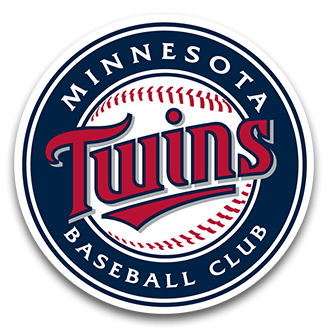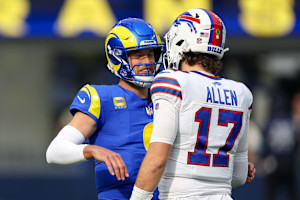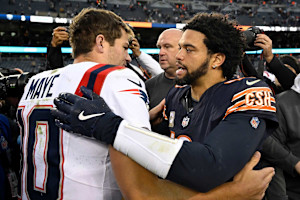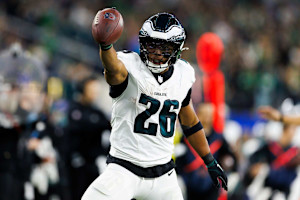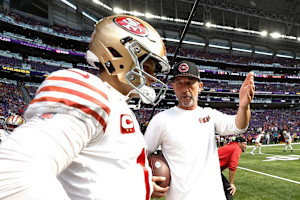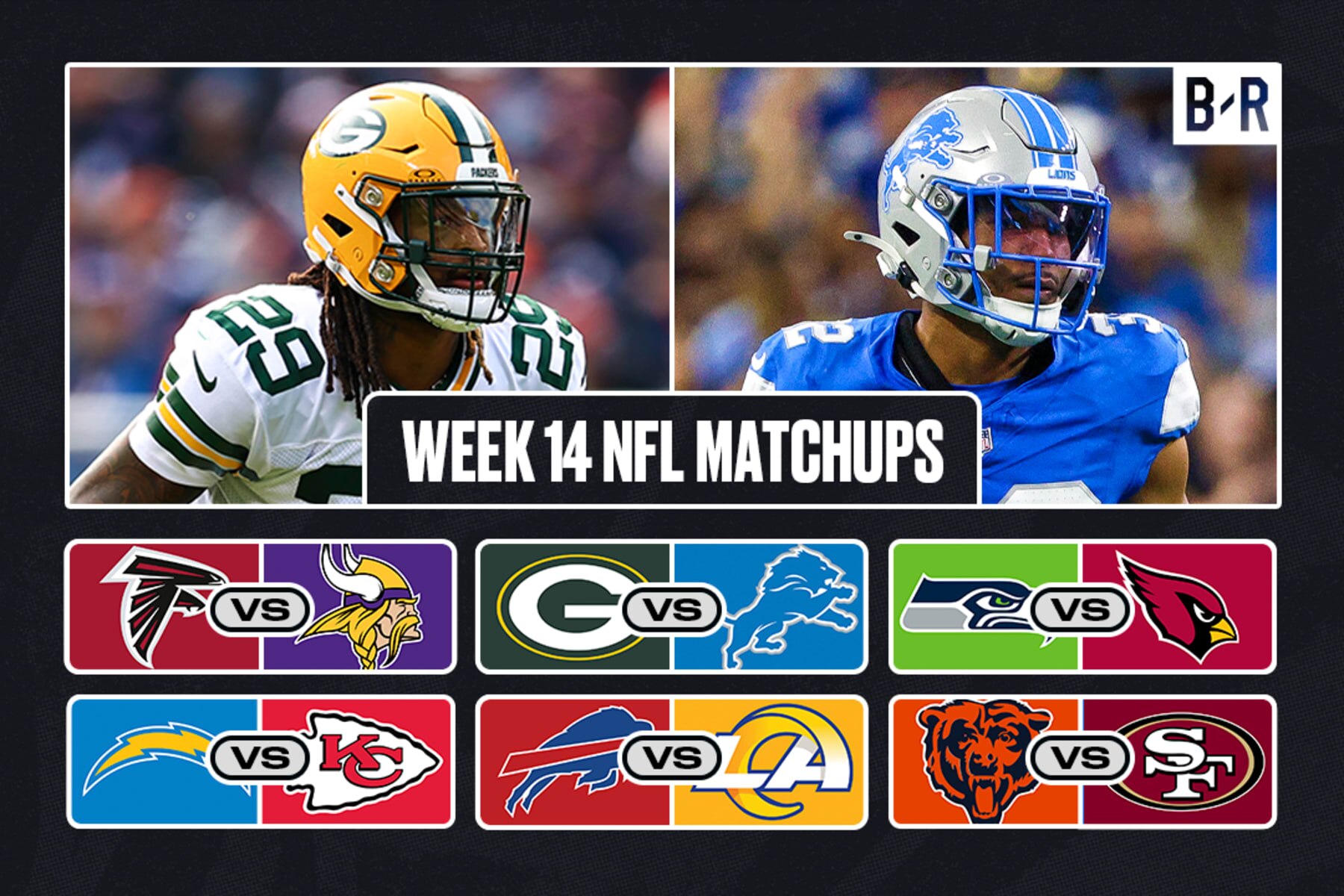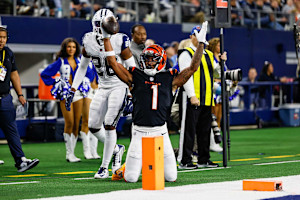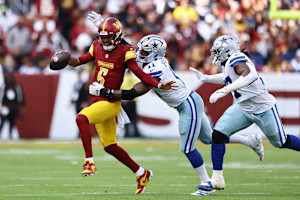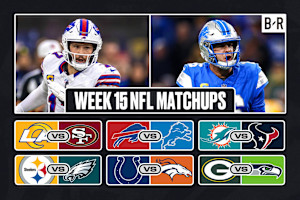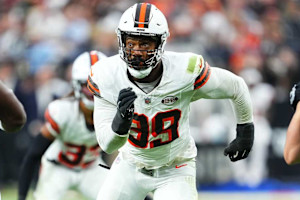Greg Landry Dies at 77: Lions Legend Won 1976 NFL Comeback Player of the Year Award
October 5, 2024
Greg Landry, a former quarterback and assistant coach for the Detroit Lions, died at the age of 77, the team announced Friday night.
The No. 11 pick in the 1968 NFL draft out of Massachusetts, Landry began his NFL career with the Lions and remained with the team for 11 years before joining the then-Baltimore Colts from 1979 to 1981. After spending some time away from the NFL with a stint in the USFL, he returned and started one game in 1984 as an emergency quarterback for the Chicago Bears in a matchup coincidentally against the Lions before retiring from his playing career.
In his 11 seasons with the Lions, Landry led the team to a 40-41-3 record. He earned his lone Pro Bowl selection and first-team All-Pro honors in 1971 after throwing for 2,237 yards and 16 touchdowns. He was named the NFL's Comeback Player of the Year in 1976 after passing for 2,191 yards and 17 scores.
Landry finished his NFL career with 16,052 passing yards, 98 touchdowns and 103 interceptions. Per the Associated Press, he was also regarded as "one of the best running quarterbacks in NFL history," racking up 2,655 yards and 21 touchdowns on the ground.
Following his playing career, Landry returned to the Lions in 1995 as quarterbacks coach under head coach Wayne Fontes. He also held assistant coaching positions with the Bears and Cleveland Browns and at the collegiate level at Illinois.
Prior to joining the NFL, Landry starred at UMass and was the team's top rusher and scorer in 1965 and 1967 while leading the team in passing. The university honored him with an induction into its Hall of Fame in 1980.
B/R Recommends



























